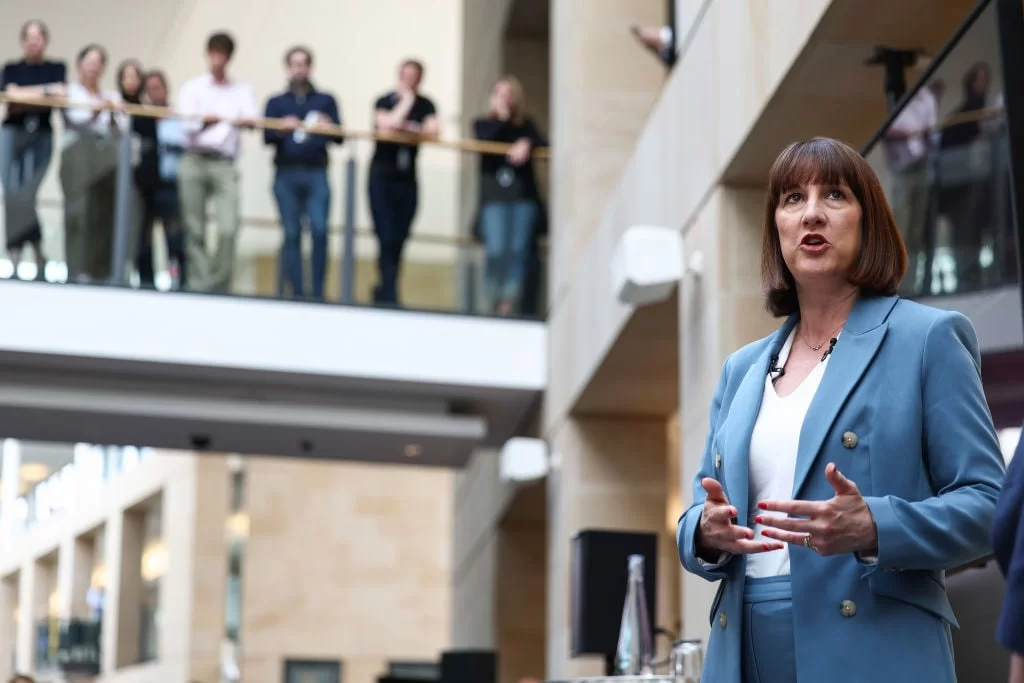- Tuesday, December 24, 2024
The role of chancellor, more than 800 years old, has always been held by men.

By: Pramod Thomas
MORE THAN a dozen prominent UK businesswomen have signed a letter supporting the idea of Labour’s Rachel Reeves becoming the first female chancellor of the exchequer. They believe her appointment would bring a fresh perspective to economic policymaking, reported the Guardian.
According to the report, the support follows long-term efforts by Reeves and Keir Starmer to engage with corporations and the financial sector. The signatories, including chief executives and founders, have met Reeves and praised her openness to business and her genuine plan for economic growth.
Last month, 121 business leaders endorsed Labour’s economic plans in a letter published in the Times, advocating for a change in central government. In a subsequent speech, Reeves promised that a Labour-led Treasury would be the most “pro-growth” in UK history, balancing workers’ needs with business interests.
The latest letter, signed by 13 senior businesswomen in their personal capacities, includes Jo Whitfield, CEO of Matalan, and Nicola Mendelsohn, head of the global business group for Meta. Other signatories are Janette Bell of First Bus, Faeth Birch of FGS Global, Irene Hays of Hays Travel, and Karen Blackett, former UK president for WPP.
The letter pointed out the significant progress for women in various fields but notes the gaps in economic policymaking roles. It said that there has never been a female governor of the Bank of England or a permanent secretary to the Treasury. The role of chancellor, more than 800 years old, has always been held by men.
The signatories stressed that this is not due to a lack of talent, citing influential women in politics such as Margaret Thatcher, Barbara Castle, Harriet Harman, and Theresa May. They stress the importance of women’s representation in parliament and the need for continued progress.
The letter argued that excluding women from economic roles has serious implications and that women’s under-representation affects decision-making on issues like flexible working, childcare, and undervalued labour. It calls for real progress in this election, praising Reeves for her business-friendly approach and commitment to economic growth.
The business leaders urge that, regardless of the election outcome, the opportunity for substantial change should not be overlooked.